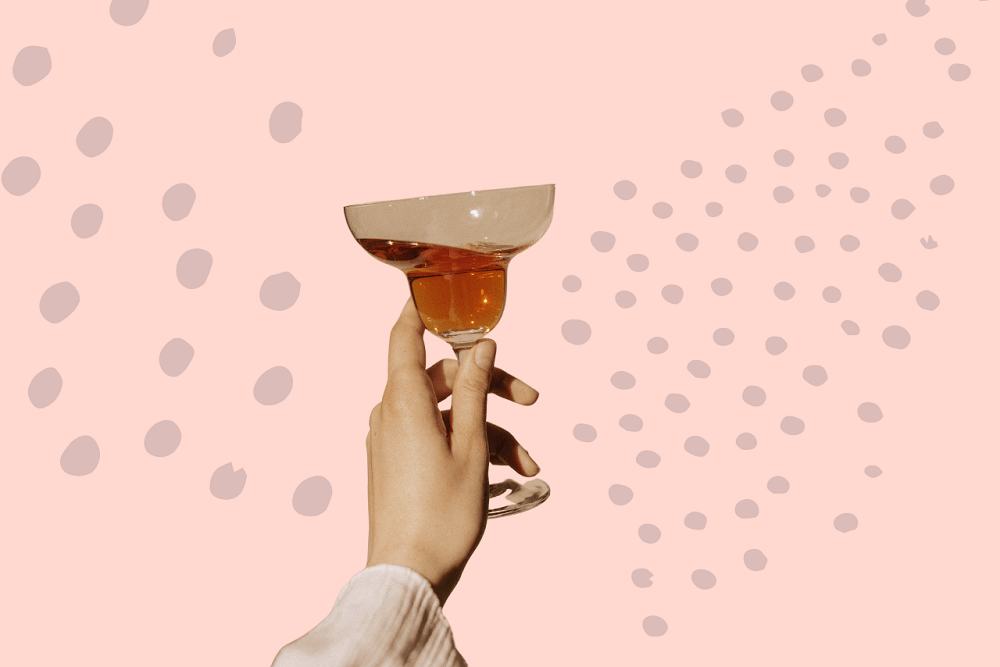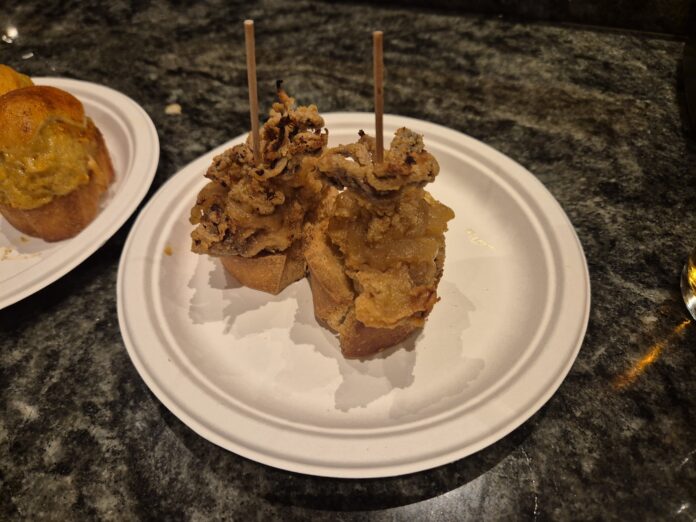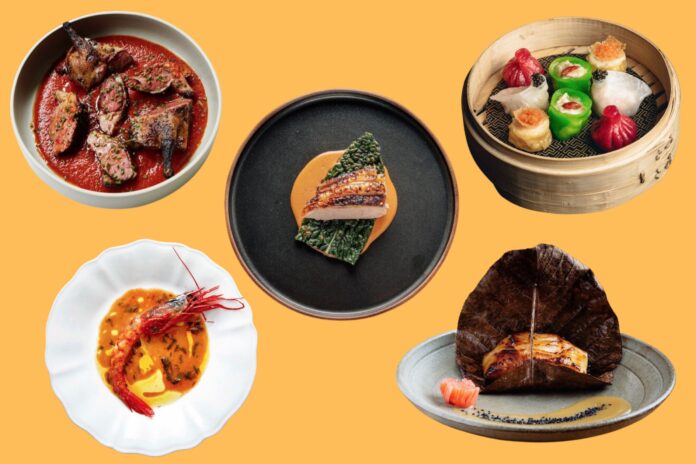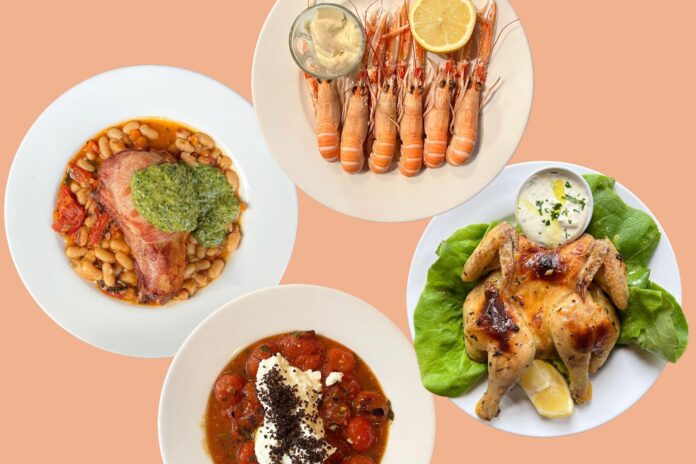“I don’t know how you did it back in the ’60s. Different times. Different times indeed. Better times? Not for all.”
It’s no secret that shows like Mad Men have influenced the way we imbibe. Indeed, the clink of heavy bottomed tumblers and the pour of the whiskey decanter have become synonymous with scenes of stress relief and a certain kind of ‘stylish drinking’.
However, while whiskey and bourbon was their drink of choice, alongside old fashioned cocktails like old-fashioned cocktails like Manhattans and martinis, Gimlets and Sidecars, one drink that seems to be overlooked is rum.
More recently shows like Succession have shone the spotlight on the world of fine alcohol, particularly rum. Remember the episode when Cousin Greg was offered a rum, and says he will take “a nice glass of rum and coke”, much to Logan’s disdain. We’re sure the Waystar CEO didn’t approve of Greg chugging the drink, either…
But as Thirsty points out “Despite [its] complexity and boldness, rum has for decades been consumed in less sophisticated drinks such as the rum and coke or frozen daiquiri.’’.
They go on to point out that change is afoot; ‘’With consumer tastes trending towards discernment, heritage, and craft, this island spirit is quickly becoming synonymous with sophistication and the premiumization of rum has finally arrived after years of whiskey and scotch taking the lion’s share.’’
Where do rum auctions come into the conversation, we hear you ask? Well, to access unique, rare, and a diverse range of rum, in terms of age and style, auctions represent a platform that many discerning drinkers are turning to.
Whether you are looking for light or dark rums, an auction would be an ideal place to get your next supply. With the world of auctions moving into the online sphere with increased speed in the last two years, you now have an opportunity to buy the best rums from the comfort of your home or even invest, sell on and, in some cases, realise significant profits. In fact, just two days ago it was reported that Dark Matters Distillers had sold the first nine bottles of their inaugural aged rum at auction for a total of £41’800.
With several platforms now making rum trades possible, if you’re interested in getting involved in this increasingly exciting world, then here’s an introduction to online rum auctions.
HOW DOES AN ONLINE RUM AUCTION WORK?
The beauty of online rum auctions is that the sellers and buyers don’t need to physically be at the auction. With COVID-19 related travel restrictions ongoing and many of these auctions held in the US, sellers are able to deliver the consignments to the auction alongside needed documentation displaying provenance, ageing technique, bottling method and more. The auction then takes the rum through an authentication process, after which they are listed in the auction.
For some platforms, you may be required to express interest in selling by providing the details of the product on their portal. The sellers then receive a confirmation for registration of their lot in the auction, after which they send the bottles.
As bottles fetch many thousands of pounds, sellers use courier services to deliver the products to auction. Some auctioneers offer free pickup services, which can save the seller a lot of money in shipping fees.

SETTING THE PRICE
Sellers are allowed to place a minimum selling price on their bottles, to avoid losing out to a bid that falls short of their valuation. The seller sets a reserve price: the amount below what the seller is willing to sell their lot for. Setting the reserve price is usually done during the bottle registration stage before sending the bottle to the auctioneers.
It is also worth noting that listing a consignment may attract fees like commission, reserve fee, and mixed-case fee, whose rates vary depending on the volume of lots. Setting a reserve price ensures that your consignment is not sold below the price you wish, which would render the return on your investment lower.
What happens when the consignment does not reach the reserve you set? Some sellers opt to enroll the bottle in a subsequent auction. In some cases, they request their bottles back. This process may incur various costs, so it’s worth carefully considering the reserve price prior to auction.
Once the product is sold, the buyer is required to make a payment within a few days. The duration allowed to pay for an order after it is placed often varies with the auction. However, the average time is 72 hours.
The seller receives the payment a week or two after the payment has been made. The auction fee is usually deducted from the amount. Sellers should also check the payment terms with the auction; these auction fees, when fixed, are sometimes surprisingly high (5% of the final hammer price isn’t unheard of).
For the benefit of buyer and seller, it might be worth investigating whether a sliding scale fee is available, as this fee structure prevents auction houses from driving up the price on particularly rare bottles, therefore risking a sale occurring at all.
BUYING THE BOTTLE
The selling process begins during registration, whereby the seller enters the bottle details, sets the price, and sends the consignment to the auction.
Once the product is listed, the buying process kicks in. Buyers must have an account on the auction so that they have visibility of upcoming auctions.
Buyers then can place different types of bids depending on their needs. For instance, there are fast, direct, or automatic bids. The auctions are timed, and all bidding activities end on the closing date and time. Bidders get notifications on email if they are successful and are allowed to collect or ship their orders.
If there are two highest bids at the end of the auction for a bottle, the bid that was placed first secures the order.
The auction periods often vary with the auctioneers, and the duration is displayed on the selling and buying pages of the platform. Sellers are also allowed to submit as many rum bottles as they wish. Likewise, buyers can buy as many bottles as they want to in the auction.
Auctioneers have different terms to lots they don’t accept. For instance, some may not take homemade merchandise and items that pose a risk to their customers. Therefore, sellers and buyers need to read and understand the terms of engagement.
They may identify hidden opportunities like storing the bottles and picking up later when the shipping costs are friendlier or when the rum has accrued more value.
Now that you’ve dipped your toes in the water, you might want to check out this guide on whether fine wine represents a worthwhile investment.
And with that, we’ve worked up something of a thirst. Cheers!





